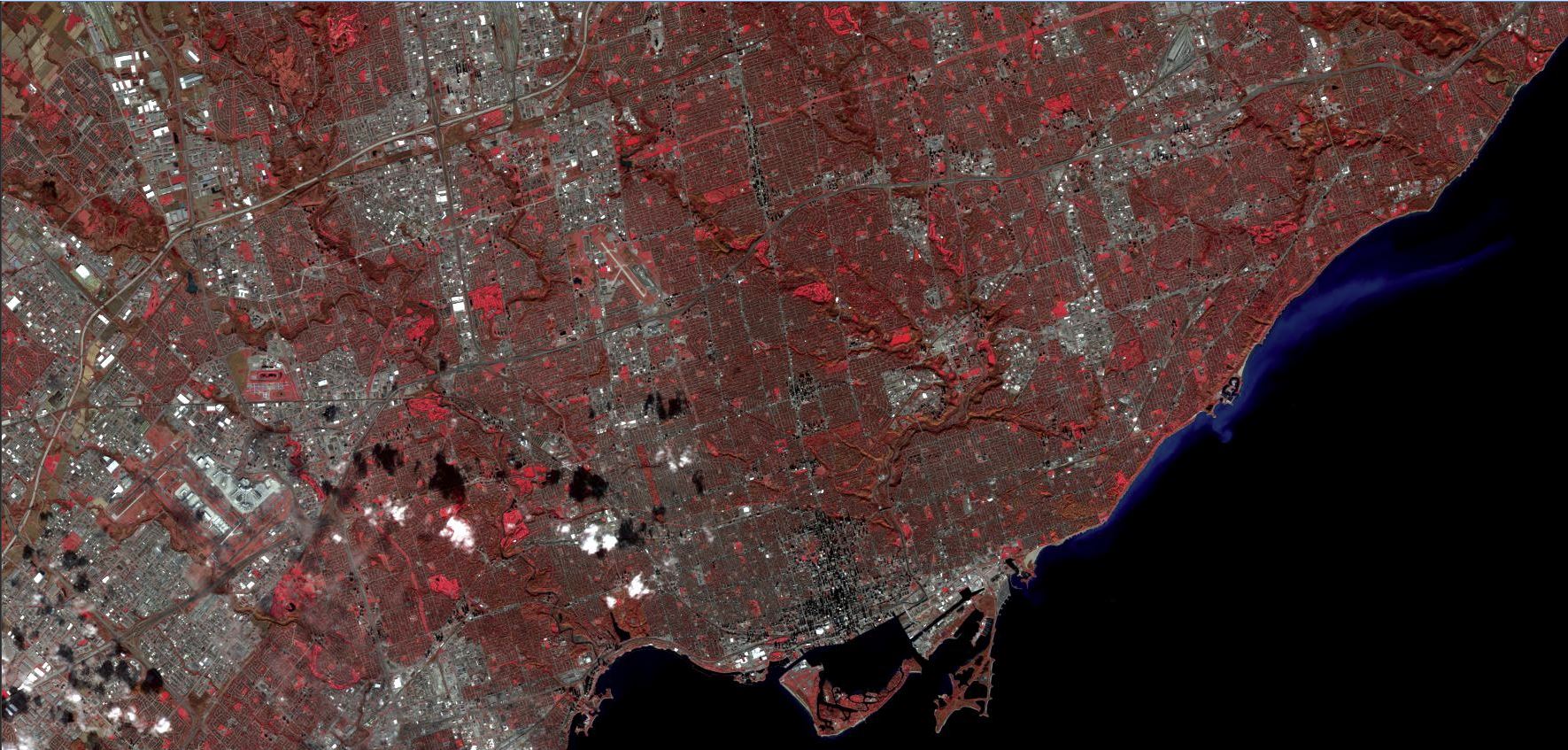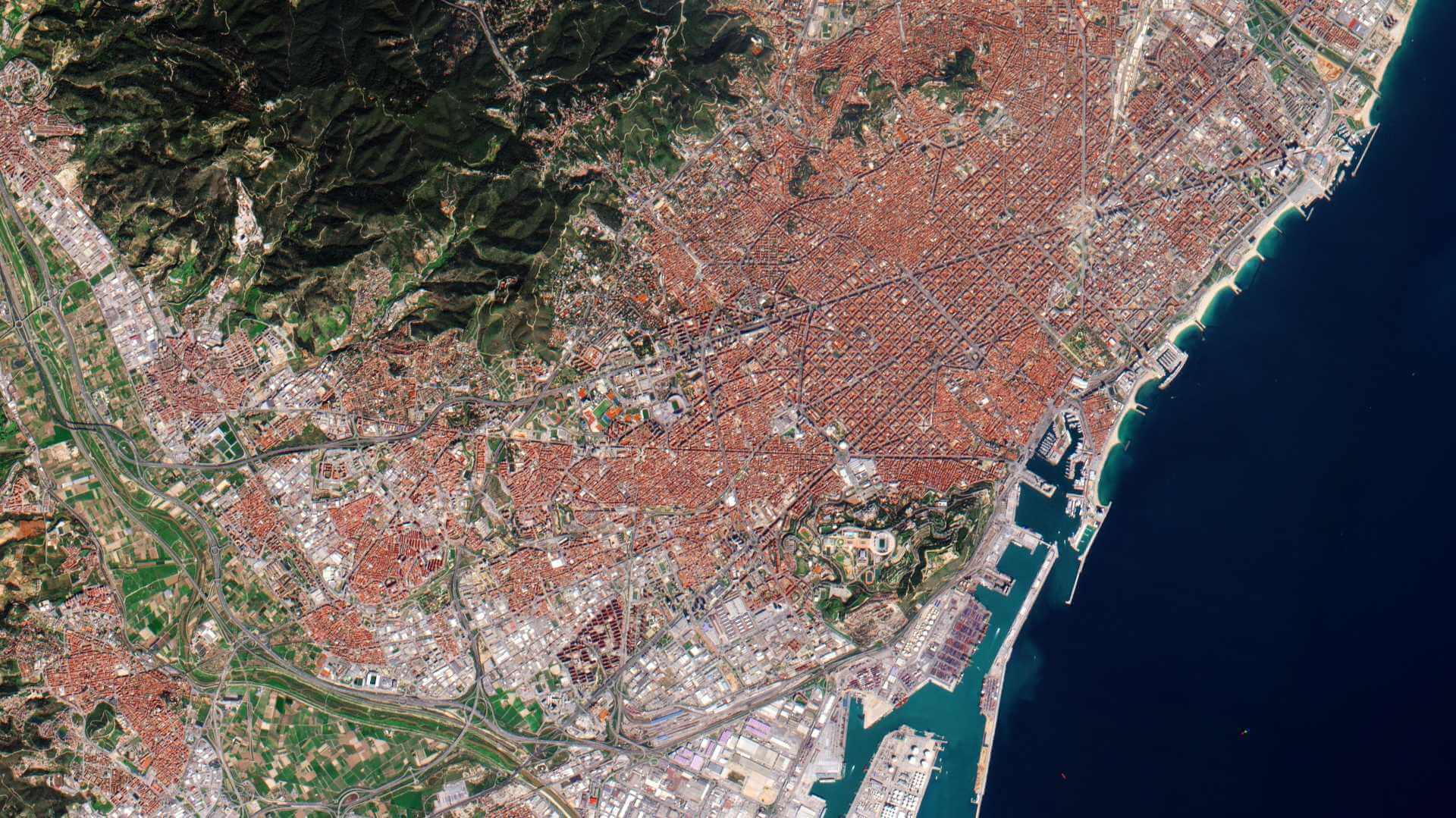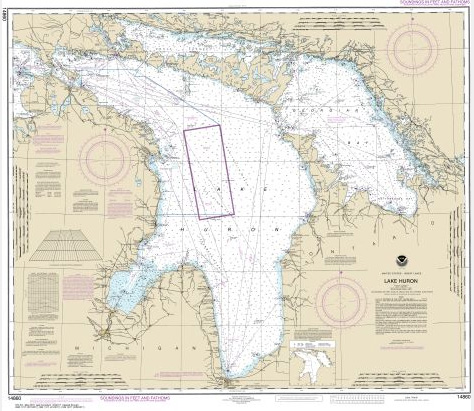Explaining what GIS is to people is always a challenge. I usually say it is ‘digital mapping’ to which the typical response is ‘oh like Google Maps’? Despite this being an over-simplification, it is sufficient to get the point across. I may even share a clip from the cult GIS film What We Do In the Shadows for some additional context.
Awareness?
In a chat with a friend the other day however, I was trying to explain why geographic thinking matters. I could explain how maps and mapping technology allow us to see the spatial relationship between things but I struggled to explain why that is important. In many ways the answer to this question depends on who is doing the thinking. Whether it is a business, a government agency, or the general public, geographical awareness has different implications for different entities. In this post I want to explore why geographic awareness is important for the general public.
Interconnectedness
One of the ways geographical awareness is important is by expanding our sense of interconnectedness. Understanding that we and the places we live in are not islands (even if they are) can help us develop awareness for the interdependent systems that support us. Maps are effective tools to help us understand this complexity.
Examples:
New GIS Dataset on the Interconnection Between Urban Centers and Rural Areas
But why does this understanding matter? Ideally this knowledge helps people to work towards common goals and to overcome challenges that face us all.
Political Realities
Geography has a defining role to play in understanding the relationships between political entities and how those political entities interact with the body politic. A very interesting read on this topic is the Revenge of Geography by Robert Kaplan. While parts of his analysis may border on geographic determinism, despite his insistence to the contrary, he does make a compelling argument that geographic realities do help to shape the political landscapes of today.
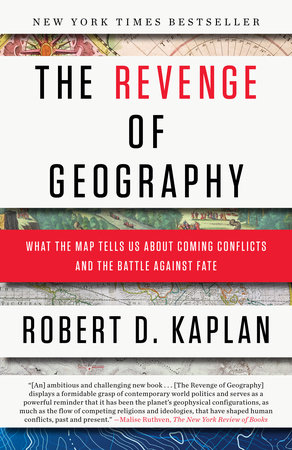
In an increasingly fractured world, understanding geopolitical realities can help us gain a more nuanced understanding of conflict and cooperation, beyond regression to oversimplified narratives.
The Environment and Our Place In It
Despite our rapidly changing climate due to human induced factors, I sometimes feel that we are not properly equipped to grasp it. It is extremely complex and the systems in play span everything from micro-organisms in the ocean, to the proportion of trace gases in our atmosphere. For the average person, understanding even their local environment could be beneficial to both awareness of threats and the possibilities of protection. We don’t need to look far to see the intersection of natural and human worlds (albeit this is a false distinction). One of my favorite examples of this are the ravine systems in Toronto:
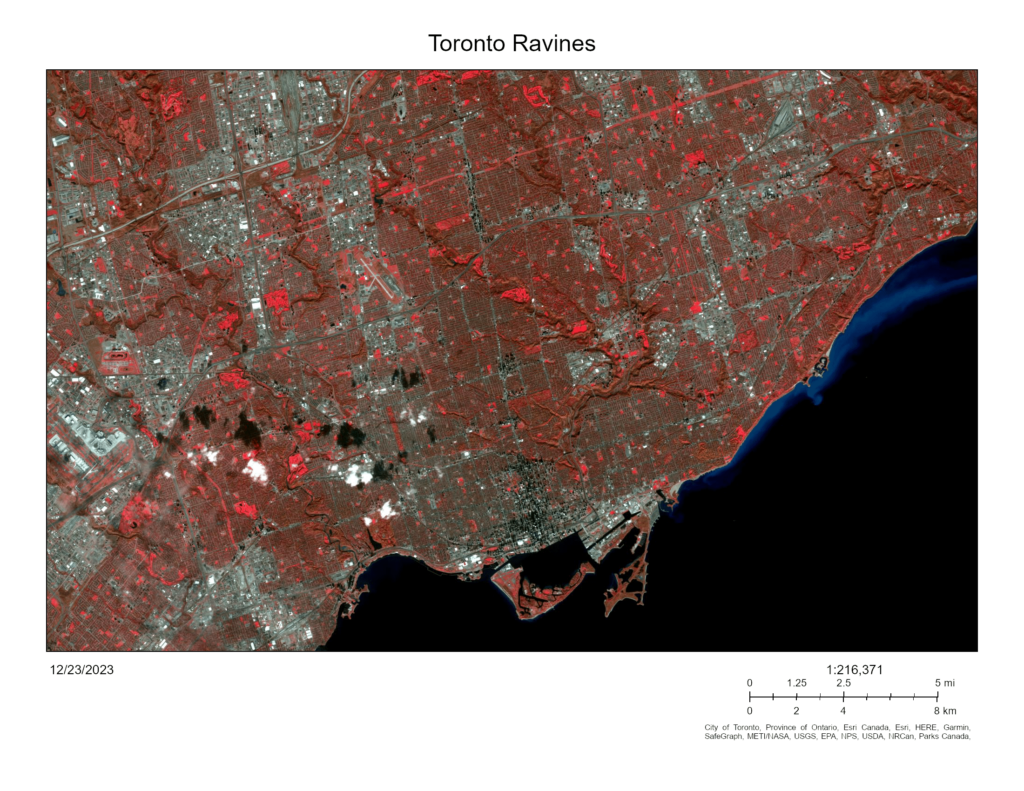
It only takes a glance or two to notice that the natural environment intersects the urban world and contributes significantly to the health of the city.
Conclusion
For the past few years, I have struggled to explain why the work that I do is important. I often get caught up in the weeds of technical issues that seem far removed from expanding geographic awareness. But the technology can be an incredible enabler of this. And I think it is a worthwhile thing to share what maps tell us, even if it is just learning something simple, like city A is close to city B. The ubiquitousness of digital maps like Google Maps sometimes makes it feel like mapping is a bit mundane. But in a world where maps and data have been hoarded for so long for the benefit of a few, this growing technology may help us see new worlds in new ways.
